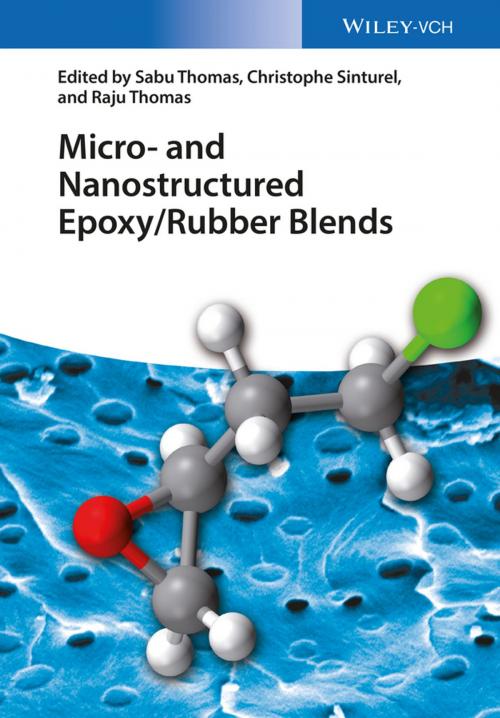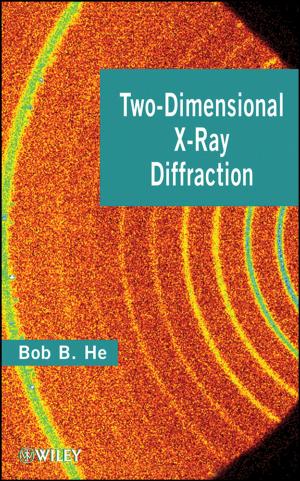Micro and Nanostructured Epoxy / Rubber Blends
Nonfiction, Science & Nature, Technology, Material Science| Author: | ISBN: | 9783527666898 | |
| Publisher: | Wiley | Publication: | September 4, 2014 |
| Imprint: | Wiley-VCH | Language: | English |
| Author: | |
| ISBN: | 9783527666898 |
| Publisher: | Wiley |
| Publication: | September 4, 2014 |
| Imprint: | Wiley-VCH |
| Language: | English |
Epoxy resins are polymers which are extensively used as coating materials due to their outstanding mechanical properties and good handling characteristics. A disadvantage results from their high cross-link density: they are brittle and have very low resistance to crack growth and propagation. This necessitates the toughening of the epoxy matrix without impairing its good thermomechanical properties. The final properties of the polymer depend on their structure. The book focuses on the microstructural aspects in the modification of epoxy resins with low molecular weight liquid rubbers, one of the prime toughening agents commonly employed.
The book follows thoroughly the reactions of elastomer-modified epoxy resins from their liquid stage to the network formation. It gives an in-depth view into the cure reaction, phase separation and the simultaneous development of the morphology. Chapters on ageing, failure analysis and life cycle analysis round out the book.
Epoxy resins are polymers which are extensively used as coating materials due to their outstanding mechanical properties and good handling characteristics. A disadvantage results from their high cross-link density: they are brittle and have very low resistance to crack growth and propagation. This necessitates the toughening of the epoxy matrix without impairing its good thermomechanical properties. The final properties of the polymer depend on their structure. The book focuses on the microstructural aspects in the modification of epoxy resins with low molecular weight liquid rubbers, one of the prime toughening agents commonly employed.
The book follows thoroughly the reactions of elastomer-modified epoxy resins from their liquid stage to the network formation. It gives an in-depth view into the cure reaction, phase separation and the simultaneous development of the morphology. Chapters on ageing, failure analysis and life cycle analysis round out the book.















